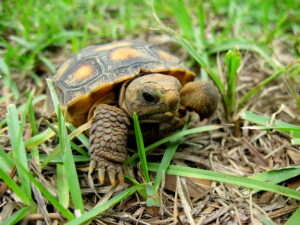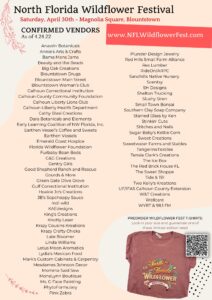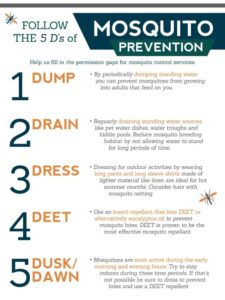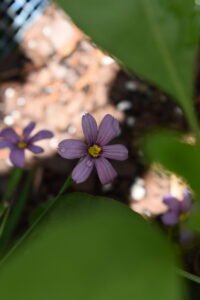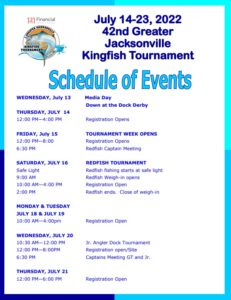
The Greater Jacksonville Kingfish Tournament is coming soon! From July 14-23, the 42nd annual tournament will be held at Jim King Park & Boat Ramp. The event benefits the community as proceeds are donated to the Jacksonville Marine Charities, Inc. The Greater Jacksonville Kingfish Tournament is one of the largest kingfish tournament in the Southeast. The event includes the General Tournament, a Junior Angler Offshore Tournament, and a Redfish category. The event is presented by Summit Contracting Group and is sponsored by a plethora of great local businesses. The Tournament will host a Food Festival, live entertainment, a liar’s tent, exhibitions, and more!
Visit the official tournament website HERE to sign up, view the 2022 program, and more!
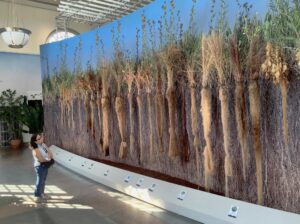

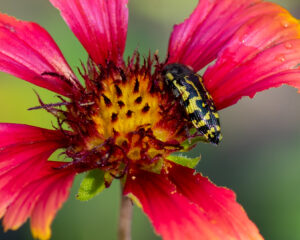
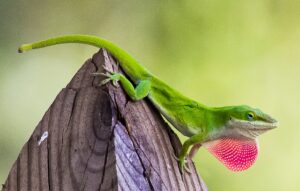
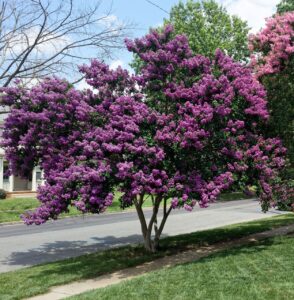 The CalCo Crape Myrtle Project is working to enhance the beauty of Calhoun County by highlighting the premier flowering plant of the South throughout the communities. The idea began with the 2019 founding of the Calhoun County Community Foundation. Their first act was to plan and execute the planting of flowering crape myrtles on Mainstreet in Altha which is where the project got its name. The project’s completion is possible thanks to the application of a community grant and aims to be completed by the end of 2022. The CalCo Crape Myrtle Project is the perfect green space beautification initiative for all of our communities. The project hopes to expand into Kinard, Clarksville, and Blountstown in the following years. Visit the
The CalCo Crape Myrtle Project is working to enhance the beauty of Calhoun County by highlighting the premier flowering plant of the South throughout the communities. The idea began with the 2019 founding of the Calhoun County Community Foundation. Their first act was to plan and execute the planting of flowering crape myrtles on Mainstreet in Altha which is where the project got its name. The project’s completion is possible thanks to the application of a community grant and aims to be completed by the end of 2022. The CalCo Crape Myrtle Project is the perfect green space beautification initiative for all of our communities. The project hopes to expand into Kinard, Clarksville, and Blountstown in the following years. Visit the 